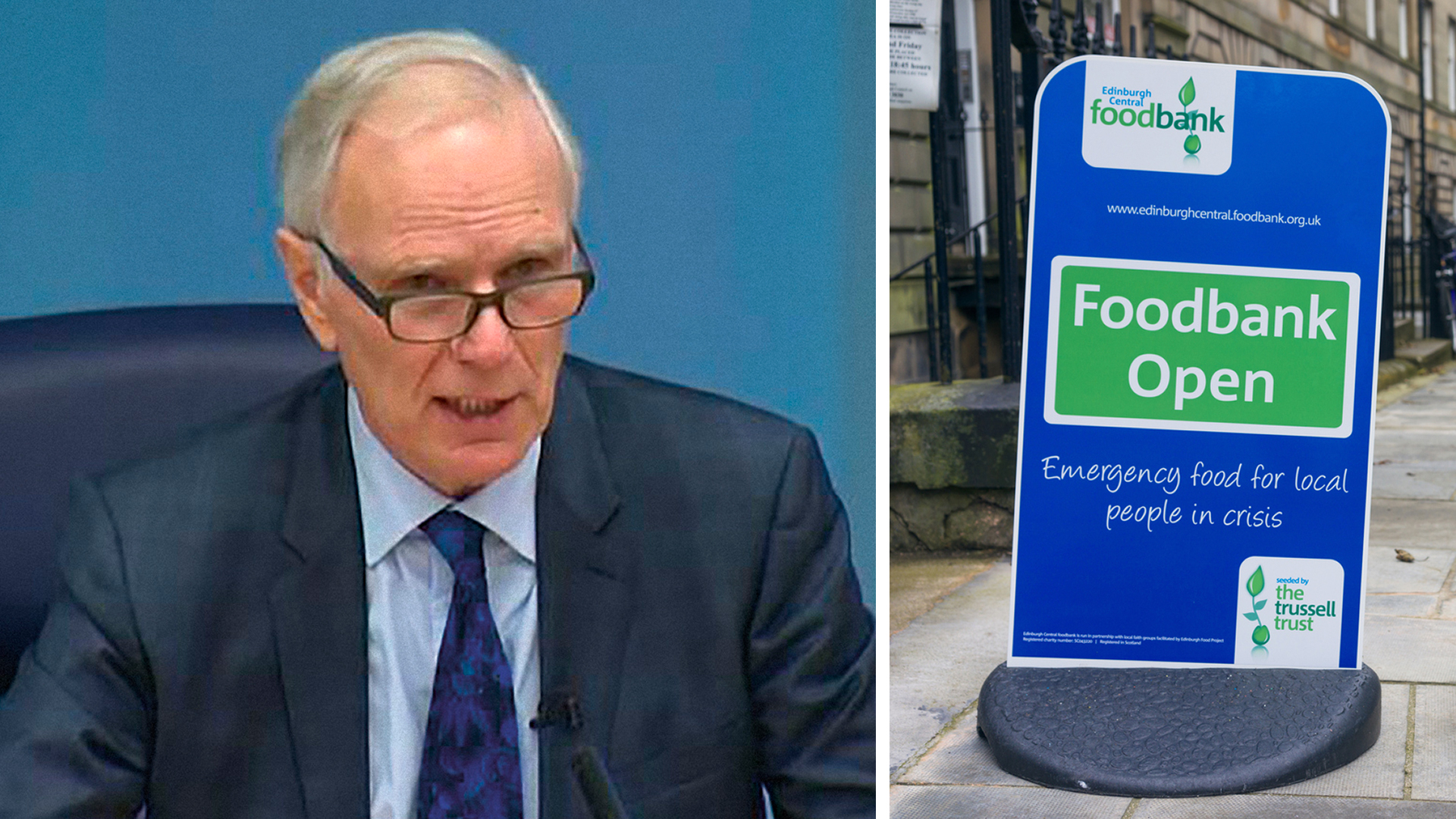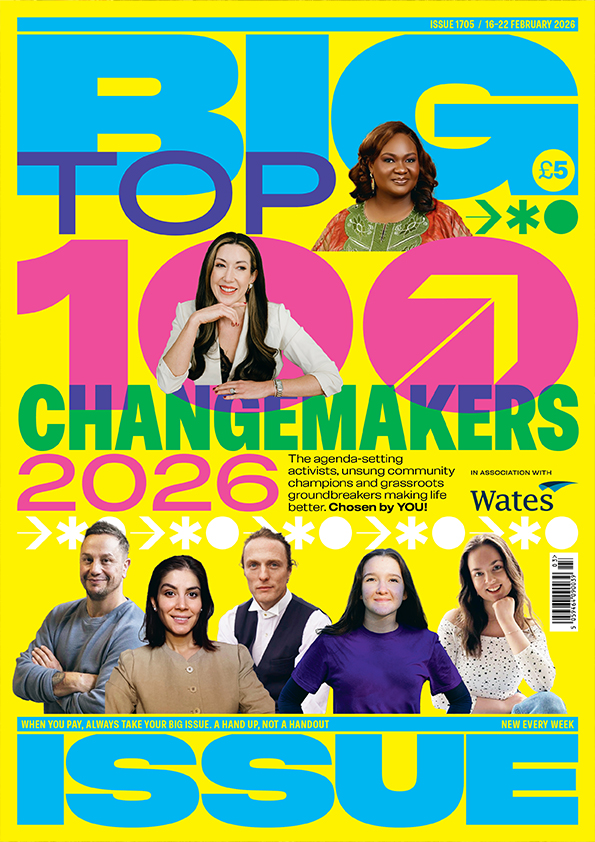There is no doubt that Alston’s initial findings have ruffled feathers in Westminster.
Following his London press conference, the Rudd-erless DWP’s response was to “disagree” with Friday’s findings. Things were no better once new Work and Pensions Secretary Amber Rudd was installed later that day – she slammed Alston’s “wholly inappropriate language” for being too “political” on her first day in the job in the Commons. She continued on Radio 4, describing Universal Credit as “a force for good”.
The ensuing war of words has continued ever since but this is this is nothing new to Alston, who had already stated his aim to “make poverty elimination a political issue” before reaching the UK.
Last year US ambassador to the UN Nikki Haley made a similar complaint after the Australian had criticised “tax cuts for the wealthy” following a visit to Alabama. Alston has been globe-trotting in his role for a while, including visiting another superpower in China as well as heading to Romania and Ghana. He knows what he is talking about by now.
But the strength of anger in the UK is perhaps even more tangible than those countries – the 300-plus submissions Alston received for his visit to this country is a UN record.
Among those pleas was a submission from Koldo Casla, a research fellow at Newcastle University and policy director at social rights campaigners Just Fair, who met Alston at the country’s biggest foodbank, Newcastle West End.
Advertising helps fund Big Issue’s mission to end poverty
“The language that Philip has used has been picked up but what you have to remember is that this is a 24-page report full of work and I think we shouldn’t get distracted by the language,” says Casla. “I think it’s a deliberate tactic from the government to use this agenda to distract from the point behind the report.”
John McCorry, Newcastle West End Foodbank chief executive, was similarly impressed with the platform that Alston offered to people in poverty. “I thought that Alston came across as very open and warm. He was very affable,” he says. “That meant an awful lot to the people that he spoke to – that someone with a bit of clout to shape the social justice agenda was listening to them. To see the dignity that it brought to them was a joy to see.”
“It was encouraging that people will have to listen to his message about austerity, social justice and inequality. Universal Credit and austerity is this country’s hidden shame.”
Alston will deliver his final report in June next year and the government will be required to respond in public. There is already a petition calling for the government to accept and implement Alston’s recommendations which has topped 9,000 signatures in a week.
“I think the report has given hope to people to see their experiences put to government by someone of Alston’s stature,” says Baroness Lister. “In a sense, he has done his job and it is now up to civil society and people like me to keep putting the pressure on the government. It is about how his report is used now if it is going to have an impact.”
Now the torch must be carried further to shine a light on the injustices being inflicted on the poorest in society,
December 10 is Human Rights Day and will be the 70th anniversary of the signing of the Universal Declaration of Human Rights. The UK signed up in Paris in 1948, pledging to honour social rights like an adequate standard of living, affordable housing, food, education, an equitable health system and social security.
Advertising helps fund Big Issue’s mission to end poverty
This has been forgotten. Now the torch must be carried further to shine a light on the injustices being inflicted on the poorest in society in order to fix the policies, like austerity and Universal Credit, which social rights should underpin.
“I believe that the government now has no choice but to listen and I think that people are not going to take it any more,” said Casla. “People are campaigning more than ever for social rights and I think that now it is up to people like me, on the ground, to use this report and carry it forward.”






